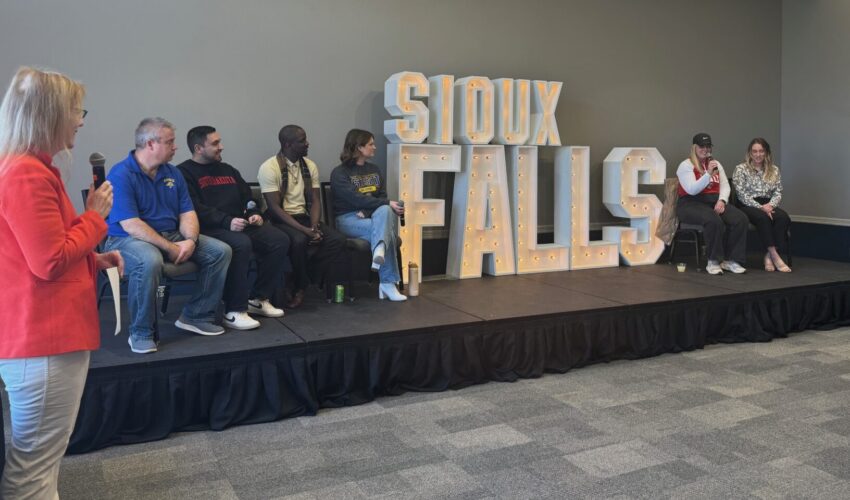Managing your business through COVID-19
April 17, 2020
This paid piece is sponsored by Woods, Fuller, Shultz & Smith PC.
By Heather Springer, employment law attorney
Businesses are facing significant challenges as a result of the COVID-19 pandemic. It seems like almost daily there are new policies and legal requirements to contend with as well as new financial and operational challenges. At Woods Fuller, we have attorneys who are constantly tracking legal developments at the state and federal levels so that we can understand how best to help businesses in this challenging environment. Major considerations for your business include:
Families First Coronavirus Response Act
Under the Family First Coronavirus Response Act, employers with under 500 employees, as well as public employers, are required to offer two different and new paid leaves related to COVID-19. If properly authorized and documented, employers will get a corresponding tax credit for the payments made under these leaves, so the leaves create both an obligation and an opportunity for employers. The details of the new paid leave are complicated, but employers should understand what it takes to be compliant, implement proper policies and procedures, and post notices regarding an employee’s right to request the leave.
Coronavirus Aid, Relief and Economic Security, or CARES, Act
There also are significant changes to unemployment insurance under the recently passed CARES Act, and employers need to understand these new rules as well as the impact any employment furloughs may have on loan forgiveness under the Payroll Protection Program.
Payroll Protection Program
Also passed under the CARES Act, this is a loan being offered through the Small Business Administration and is designed to provide a direct incentive for small businesses to keep their workers on the payroll. The SBA will forgive these loans if all employees are kept on the payroll for eight weeks and the money is used for payroll, rent, mortgage interest or utilities.
The PPP loan has a low interest rate and, if forgiven, is essentially a grant or subsidy to support a business during this difficult time. The loan is limited to businesses that have suffered a financial loss related to the coronavirus and requires that applicants attest to the financial loss during the application process. If your application is incorrect or your attestation of financial harm is false, you are at risk of fraud charges. The loan money must be carefully tracked to verify it was used for approved expenditures. To be considered for loan forgiveness, a business must track the number of employees and wages paid during the loan period, with loan forgiveness based upon specific calculations. The loan formula is complicated and should be done in careful consultation with your banker, accountant and legal counsel.
In addition, there are new considerations and requirements at employer work sites to ensure workplace safety while complying with state, federal and local orders related to COVID-19. These may include restrictions on travel, requirements for stay-at-home compliance and requirements for hygiene standards at home.
Woods Fuller has a cross-disciplinary team of lawyers who can help with the boundless legal and policy issues that businesses are now facing. Contact employment law attorneys David Kroon or Heather Springer, or call 605-336-3890 for information on how Woods Fuller can help.








